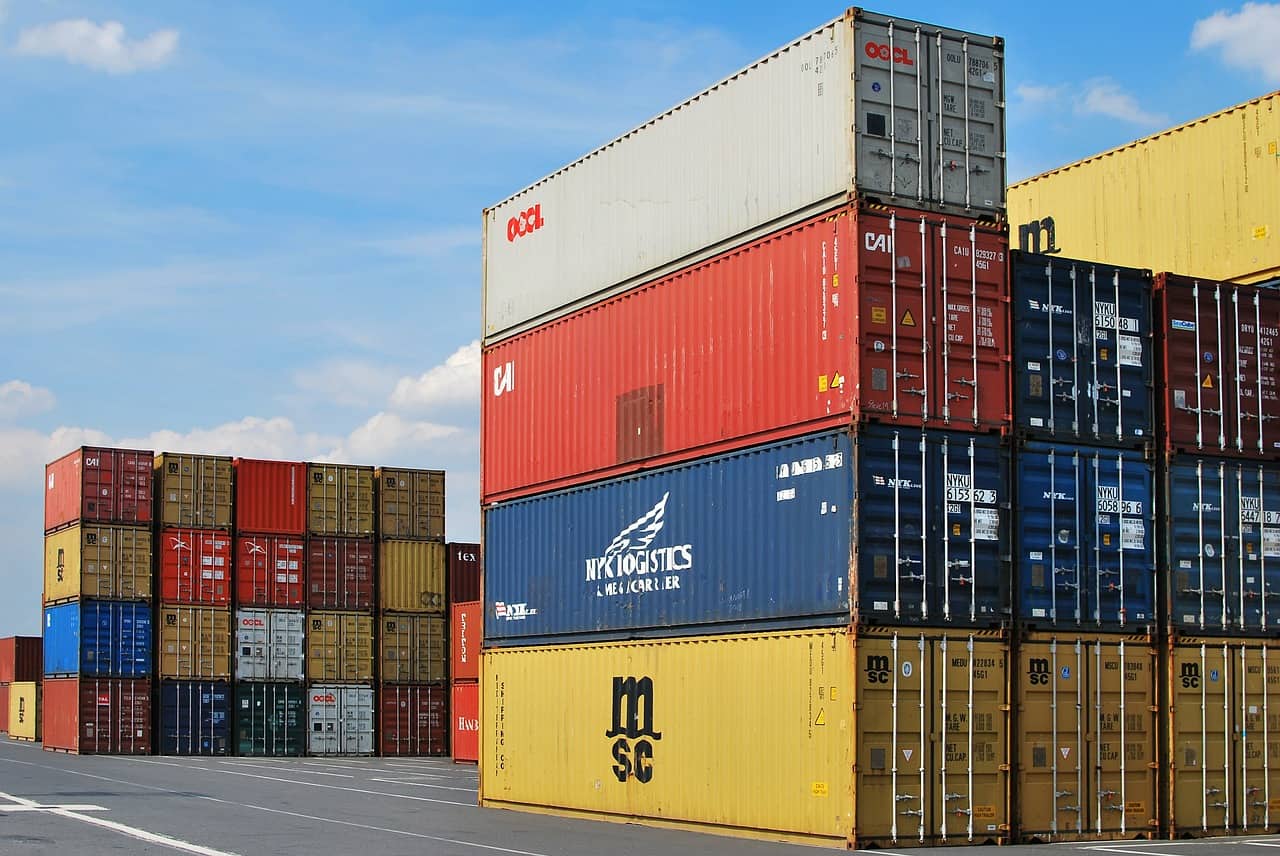Cargo insurance is essential coverage for carriers and owner-operators. Most shippers will require that you have this insurance before working with you to ensure that you have adequate coverage for their goods, in case anything goes wrong. But you shouldn’t view insurance as a box to check when operating a trucking business. Learn more on how to find a reputable insurance company that can advise on how much insurance you realistically need.
What Is Cargo Insurance?
Cargo insurance can also be called freight insurance. This type of insurance protects a carrier’s liability in case of damaged or lost goods. While it isn’t required for all types of truckers and carriers, it is extremely beneficial in offsetting expenses in case anything goes wrong.
As you review your cargo insurance options, you should discuss the types of cargo you carry and their value. You don’t want to find yourself in a situation where the value of the goods you lost or damaged exceeds the value of your insurance policy. And yet, if your insurance policy covers cargo for higher values than what you traditionally carry, you’ll also spend more on the insurance coverage than is necessary.
Types of Cargo Insurance
There are many types of cargo insurance to help you protect goods in transit. Here’s a look at each of the insurance types and what they are good for.
Land Cargo Insurance
Land cargo insurance policies are by far the most common because they cover cargo that is transported by trucks and other land vehicles. A land cargo insurance policy will protect your goods from theft, collision damage as well as other financial losses that can happen while cargo is in transit.
Marine Cargo Insurance
Marine cargo insurance covers goods while they are transported in a boat or via air for the duration of the journey. It provides international coverage and will also cover the goods while loading and unloading the freight. Bad weather conditions are also a large factor for transportation via boat and air, and marine cargo insurance will protect you from financial risks due to weather events.
You can purchase this insurance either as a renewable or permanent policy. For companies that do little boat and air freight transportation, you might benefit from a renewable policy that covers you for specific trips. That way you don’t pay for the coverage during times when you don’t need it.
Cargo Insurance Policies and Coverage
You have many coverage options when evaluating cargo insurance. Some policies have many exclusions or ways you can extend the policy to provide added coverage through riders or optional coverage. Here’s a look at some of the coverage types you might consider when purchasing cargo insurance.
Warehouse to Warehouse
Warehouse to warehouse insurance covers cargo from the moment it is unloaded from a ship until it reaches the cargo owner’s warehouse. Regardless of what else is in the truck at the time of transportation, the coverage is only for that owners’ goods and not anything else in transit at the same time.
Named Perils Policy
A named perils policy is basically the opposite of an all risk policy. These policies cover cargo only for specific hazards that you and the insurance company name within the policy. These perils could include the following.
- Bad weather
- Collision with another vessel
- Derailment
- Earthquake
- Fire
- Non-delivery
- Theft
- Vessel sinking
- Other named perils within the policy
All Risk
An all-risk cargo insurance policy provides some of the most inclusive coverage for goods in transit. These policies cover most external risks you can encounter as a goods carrier. However, the policies often stipulate that the goods you’re transporting are new and low risk for damages. All risk coverage provides protection for losses, except for the following.
- Customs rejection
- Cargo abandonment
- Damaged cargo due to negligence
- Deterioration due to inherent risks (such as impacts of temperature changes to volatile goods)
- Loss of use
- Failure to pay or collect
- War, strikes, riots, and civil commotions (WSRCC)
General Average
The general average is maritime coverage. Under this coverage, cargo that is harmed or jettisoned in some way has a shared financial responsibility for all parties involved. That means that the expense is shared proportionately by all parties who have a financial interest in the goods’ transportation.
This means that all parties transporting goods on the same vessel share the expenses if something happens to any of the cargo. So, even if one shipper has no damage to their goods they’ll need to contribute to the company or companies that did experience damaged goods as a result of that voyage.
For those who ship goods via sea, this is an important coverage you should not skip because these claims are often in the range of hundreds of thousands of dollars. However, you might not recover the financial damages for years without the coverage. Without the coverage, you’ll be entirely liable should anything happen to the cargo.
Factors to Consider with Cargo Insurance
All insurance policies are not created equal. Learn about important factors for getting the best coverage at an affordable rate.
Value
Your insurance policy will outline the specific value of goods that it covers. Without adequate coverage, you could have to make up the difference between the actual value of the goods you are transporting and the allowable value in your insurance policy.
For example, if the value of the goods in your truck at the time of a collision is $150,000 and you only have $100,000 in cargo insurance, you’ll need to pay the shipper the $50,000 difference out of your own pocket, which could create cash flow problems and enormous impacts to your bottom line.
Responsibility
Liability for cargo in transit is complicated because the cargo will likely trade hands several times before reaching the end-user or consumer. Who is responsible for the cargo as it is unloaded from a ship onto your truck? And who is responsible when the goods are being offloaded from your truck to the warehouse?
Before finalizing your insurance purchase, review these factors with your insurance agent or underwriter so you have a clear idea of your liability in all situations.
Coverage
As you review the types of cargo insurance and coverage options available, make sure you select the right options based on the cargo you transport and how you transport the cargo. Failing to include certain types of coverage will mean you’re left paying out on losses.
Cost
Review your cargo insurance cost and weigh it against the risks of not carrying coverage. The goal is to get the right amount of coverage without overpaying for insurance you don’t need.
Ultimately, insurance is only helpful if it isn’t harming your bottom line too much while still providing the protection you need from huge losses.
Protect Your Transportation Business from Unforeseen Events
Insurance coverage helps your trucking and transportation business protect itself from unforeseen events, such as collisions, bad weather, theft, and more. Look for a team of licensed commercial trucking insurance specialists that can help you find insurance for your needs and get a quote in minutes. Having a partner in evaluating insurance options will be a great benefit to all your transportation business.
FAQ
Cargo insurance protects your transportation business from financial losses due to damage or theft of the goods you’re transporting. You’ll need to talk to your insurance agent about the specifics of what’s included and excluded in your specific policy.
No, cargo insurance only covers the contents of your vehicle and not the vehicle itself. You’ll need a separate policy that covers your tractor and trailer.
Cargo insurance provides coverage for your freight up to the limit outlined in your policy. Review your policy limits with your insurance agent regularly to ensure you have adequate coverage based on the value of the goods you transport.
Sign up for a FreightWaves e-newsletter to stay informed of all news and trends impacting supply chain careers and operations.


